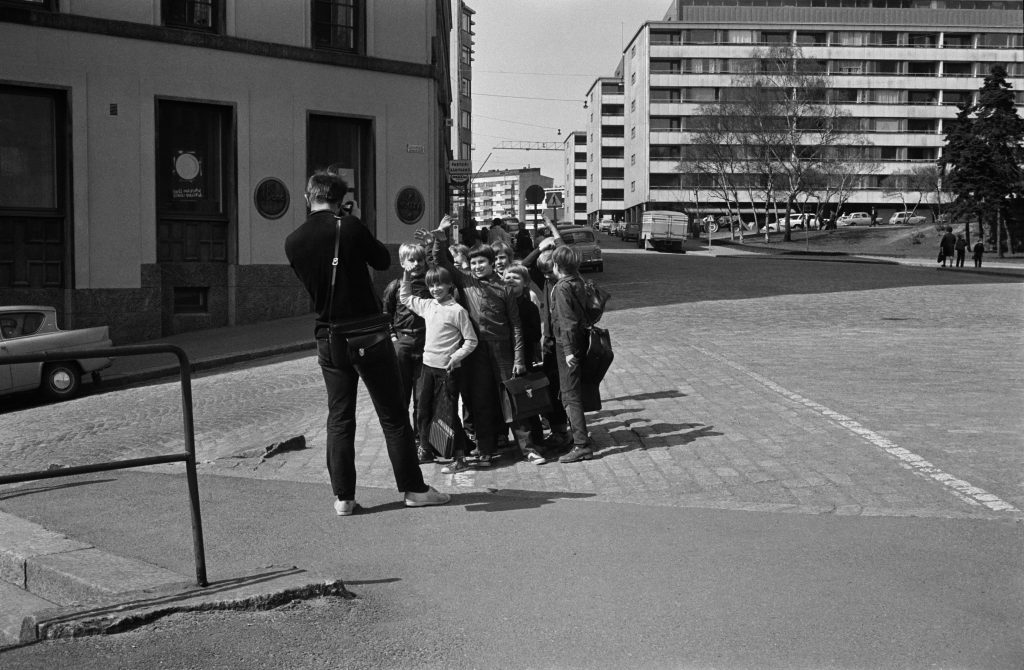Over one hundred Finnish people have been interviewed for the project. The interviewees are 6–104- year-old men and women from different social groups and regions. They represent different linguistic varieties of Finnish and Swedish as well as minority languages in Finland. Both representatives of traditional minority languages (Sami languages, Karelian, Romani, sign languages, Tatar, Yiddish) and new immigrant languages (e.g. Russian, Estonian, Somali, English, Arabic, Kurdish, Chinese, Albanian, Thai, Vietnamese, Turkish) were chosen to be interviewed. The interviewees illustrate multilingualism in contemporary Finland.
The interview questions were related to the interviewees’ residential history, family relationships, events in life and perception of their own languages and linguistic skills as well as their stance on different languages and varieties.
For example, the following questions were asked:
- When did you first notice the fact that people have different ways of speaking?
- What kind of memories do you have from Finnish lessons?
- Do you sometimes alter your way of speaking on purpose?
- What languages do you know?
- What does the Finnish language mean to you?
- In which language do you follow the media?
- Have you felt any linguistic pressure in your work?
The interviews were conducted mostly in the autumn of 2017 and at the beginning of 2018 by students of the universities of Helsinki, Eastern Finland, Oulu, Tampere and Turku. The process was coordinated by postdoctoral researcher Katri Priiki.
The transcriptions of the interviews have been stored and are available to other researchers with permission only. The Finnish interviews are stored at the Language Bank of Finland and Swedish by the Society of Swedish Literature in Finland.
